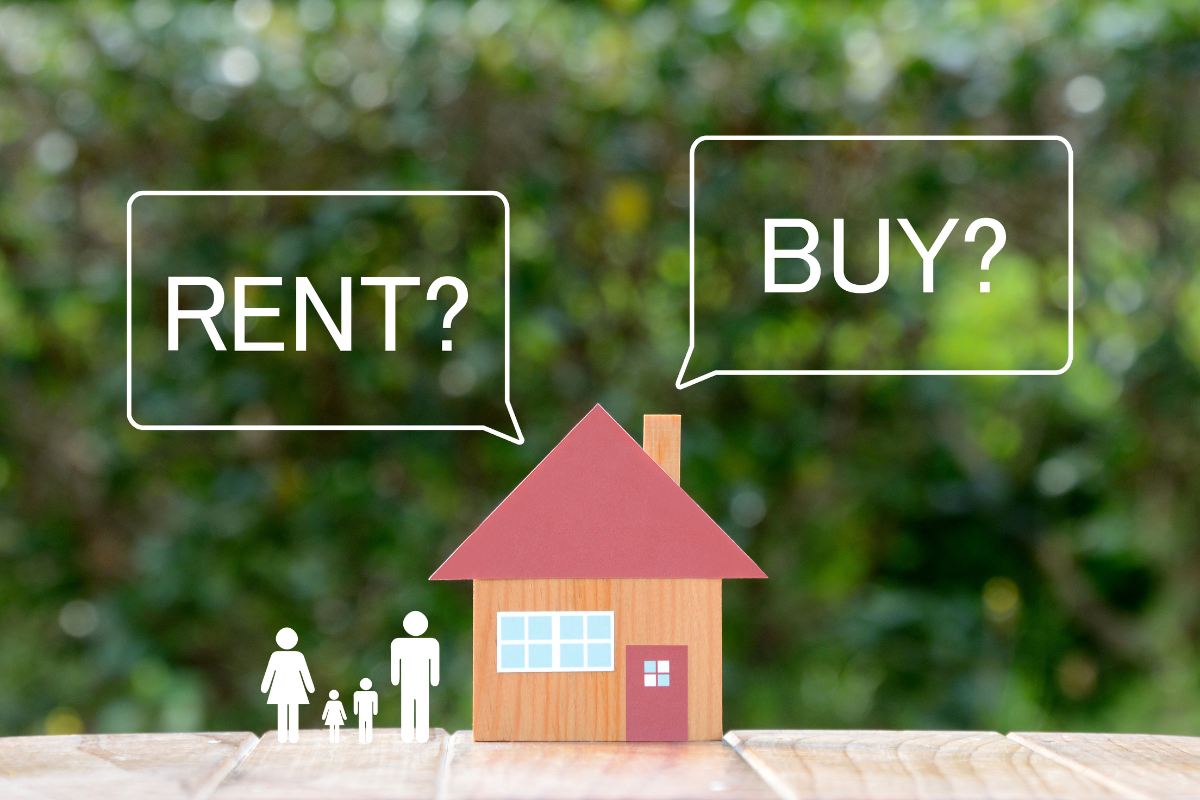Making a long-distance move can be exciting but comes with big decisions—like whether to buy a house or rent for a year. This choice depends on various factors unique to your situation. Here’s a helpful guide to get you started:
Step 1: Understand Your Budget
What can you afford to spend?
To determine your financial limits:
- Assess your borrowing power. Speak with local lenders to understand how much you can qualify for in a mortgage.
- Calculate your savings. Deduct 10% for moving costs, closing fees, and potential home repairs—especially if older properties dominate your new area. The remaining 90% is your available down payment.
- Combine your resources. Add your down payment to the amount you can borrow to find your maximum budget.
Step 2: Research Housing Costs
Once you have a budget, determine what it can get you in your new area:
- Explore your options. Work with an exclusive buyer’s agent who can focus on properties that meet your needs, whether buying or renting. Note that some agents specialize in purchases and may not handle rentals.
- Check online resources. Use real estate websites to compare prices and find homes or rentals in your price range.
- Get neighborhood insights. Once you identify suitable areas, research these neighborhoods further to ensure they align with your lifestyle.
Step 3: Get to Know the Area
If you’re relocating to a place you’ve never lived, use these strategies to get a feel for the community:
- Research your commute. Use mapping tools to check travel times between work, potential homes, and social hubs at different times of the day.
- Join local groups. Social media groups for your desired town or neighborhood can provide valuable insights.
- Leverage your network. Reach out to friends or acquaintances who live in the area to ask questions and get recommendations.
Step 4: Consider Renting vs. Buying
Advantages of Renting
- Flexibility. Renting allows you to explore different communities without committing long-term. You’ll have time to discover the best neighborhoods, adjust to new commutes, and identify areas that truly suit your lifestyle.
- Low risk. If your preferences change after getting to know the area, moving to a new rental is easier than selling a home.
Disadvantages of Renting
- Rising costs. Home prices and rents are increasing in many areas. Waiting to buy could mean paying more later.
- Relocation expenses. Renting often involves upfront costs like deposits, first and last month’s rent, and possibly realtor fees, in addition to moving expenses.
When to Buy Right Away
Buying immediately might be the best choice if:
- You have clarity. If you know your job location and preferred community, buying can save time and money.
- You’re rooted. If you’re relocating to join an established community—such as for work or family—ownership can offer stability and investment potential.
Relocating is a big step, and deciding whether to buy or rent is a personal choice that depends on your finances, lifestyle, and future plans. Taking the time to evaluate your budget, research housing options, and familiarize yourself with your new community will help you make an informed decision. Whether you rent to explore or buy to settle in, careful planning ensures your move sets the foundation for a happy and successful transition.

